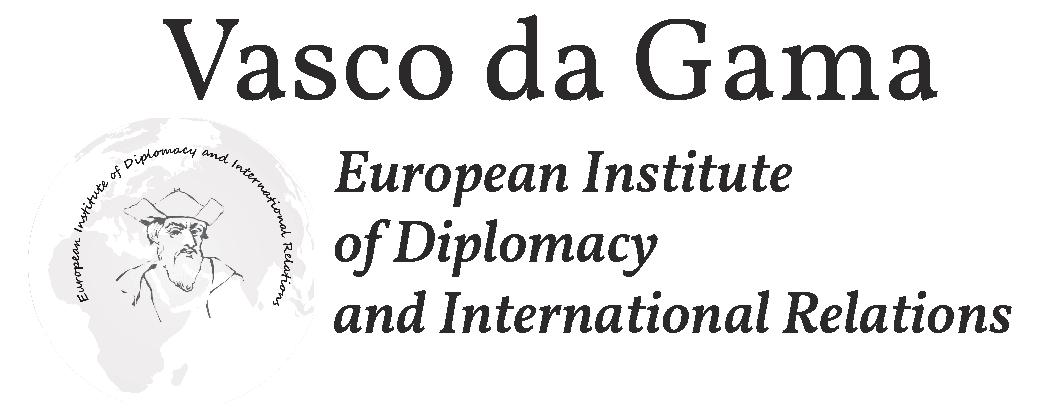
Diplomatic History of Europe and the Great Powers
Content
Between the fall of Napoleon and the outbreak of the First World War, Europe experienced none of the generalized conflagrations that marked the previous century: the war of Spanish succession, the great Northern war, the war of the quadruple alliance, the war of Polish succession, the war of Austrian succession, the seven years’ war, the French Revolutionary wars … The conflicts of the nineteenth century are more localized and shorter.
A battle or two, determine the fate of war and negotiations quickly follow. The march to war never lasts long. Moreover, alliances are flexible enough to avoid that two blocks too opposed to reach an agreement take the stage.
The major European powers played in the eighteenth century a score composed of large coalitions, alliances reversals, long conflicts. In the nineteenth century, after a quarter century of battles against the French expansion, permanently stopped at Waterloo, the major victorious powers – the United Kingdom, Russia, Austria, Prussia – reached an agreement to prevent the rebirth of the tricolor imperialism.
The “European concert”, which will soon include France, rehabilitated by their restoration and pledges to other powers in Spain, is an informal meeting of powers, a condominium of the major players.
These conventions among sovereigns, ministers and ambassadors, the most powerful states on the European stage resolved their political issues through frequent diplomatic initiatives without taking up arms.
Mission
Students learn an overview of diplomatic practice at three levels: diplomatic history/national grand strategy; conceptual; and operational/practical practitioners’ experience. They will learn what it is and what it isn’t; how it’s practiced and used; how it relates to other instruments of statecraft, and differences in the way diplomacy is practiced in different contexts, with different types of diplomatic opposite numbers, and in different types of negotiations.
Bibliography
BERRIDGE, G. R. Diplomatic Theory FromMachievelli to Kissinger. New York: Palgrave, 2001
BLACK J., A History of Diplomacy, London, Reaktion Books, 2010
EBAN, Abba Solomon, New diplomacy international affairs in the modern age. New York: Random House, 1983
Keith Hamilton & Richard Langhorne, The practice of diplomacy : its evolution, theory and administration, New York, Routledge, 2011
KISSINGER, Henry. Diplomacy (A Touchstone Book). New York: Simon & Schuster, 1995
KWONG, Maj Tang Mun. “The Roles of Diplomacy and Deterrence in the 21 st Century.” Journal V27 N1 Jan 2001
MONTOBBIO M., Tiempo Diplomatico, Madrid, Icaria, 2012
MOUGEL F.C. et PACTEAU S., Histoire des Relations Internationales, Paris, PUF, 2010
ZORGBIBE C., Talleyrand et l’invention de la diplomatie française, Paris, LGDJ, 2012
3 ECTS
